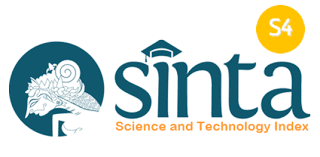From University to the World of Work: A Higher Education Curriculum response
Abstract
Graduate employability remains a critical challenge in higher education, with increasing concerns about whether universities adequately equip students for the workforce. Employers often highlight deficiencies in essential workplace skills, including practical knowledge, emotional intelligence, and adaptability, while scholars debate whether the issue stems from an overemphasis on theoretical knowledge or a misalignment between academic outcomes and industry demands. This study critically examines both perspectives by utilizing a mixed-methods approach, combining a literature review, employer surveys, and case studies. The research explores how higher education curricula can bridge the gap between academic knowledge and professional skills. Key findings emphasize the importance of work-integrated learning (WIL), internships, and soft skills training, though challenges remain in ensuring their accessibility, integration, and relevance within diverse educational contexts. The study also addresses the impact of evolving labor market dynamics, such as automation, digital transformation, and globalization, on graduate employability. Based on these findings, the study advocates for a balanced curriculum that integrates theoretical knowledge with practical skills, emphasizing interdisciplinary learning and adaptability. Recommendations include enhancing university-employer collaborations, expanding experiential learning opportunities, and fostering digital literacy, with a focus on preparing graduates for lifelong learning in an ever-evolving job market.
Downloads
Copyright (c) 2025 Taurayi Stephen Nyagope

This work is licensed under a Creative Commons Attribution-ShareAlike 4.0 International License.





